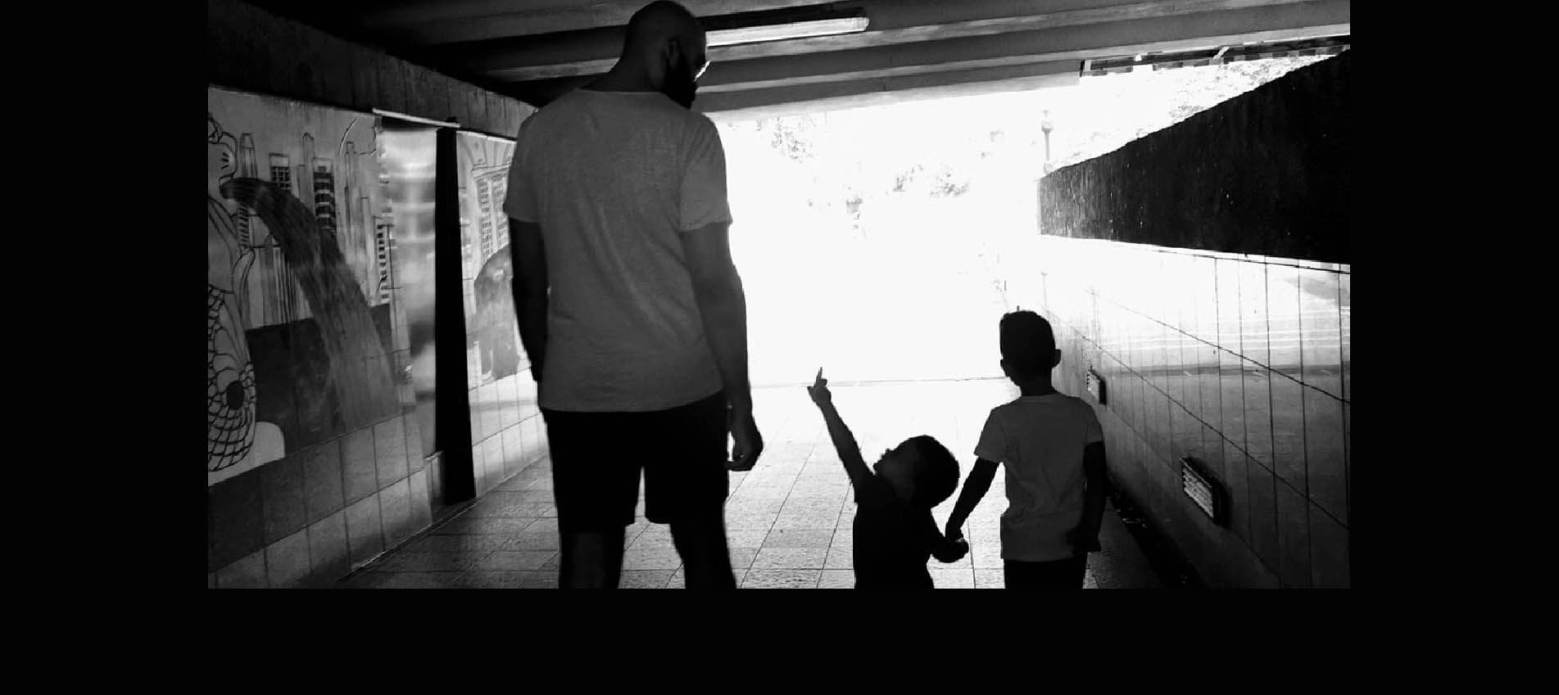
Expat life: So where do I belong??
Published on:
December 1, 2021
Published in:
Virtual
It was my first time returning to Suriname. I was 19 years old and had not been back to Suriname since I left at the age of 2. I had been to Curaçao plenty of times to visit my mom’s family, but now it was time to join my dad on a trip to meet his side of the family.
I had high expectations. This was the place people meant when they said “go back to your own country”. How many times had I heard that growing up. On a few occasions directly, but oh so often indirectly. For example, everytime I overheard people talk about minorities, saying: if they can’t adjust to our ways they should go back to “their own country”. Or, even more ignorant, when people would talk about Turks and Moroccans right in front of me, not realising that I am absolutely in the same “second generation immigrant” boat as my Turkish and Moroccan brothers and sisters.
So yes, I had high expectations on “the place where I belong”, only to be confronted by a giant reality check. Suriname is a beautiful country with beautiful people, but I was completely considered a tourist; I was Dutch. If I tried using the few Surinamese words that I picked up in the streets of Amsterdam, they would break out laughing. Of course, what was I thinking. I didn’t grow up there, I didn’t share any experiences in going to school, sharing the local gossip or even riding the bus.
So then comes the question, where do I belong??
Living the expat life in Singapore has taught me a lot about this question. It has been refreshing being a real foreigner for once. Where I am absolutely a guest and I am supposed to be treated differently than local citizens. The expectations are also different when you are a “real foreigner”. Everyone understands that you may not be familiar with all the local customs, that you may eat different food and have different ways, and most importantly, that you may look at things from a different perspective.
All of this triggered a change of mindset. I often think about where my two young boys will feel they belong when they grow up: born in Singapore from Dutch parents with Surinamese / Curaçaoan roots on one side and Indonesian roots on the other and with an Indian last name? I will teach them that they are global citizens. They belong wherever they are; always with respect, but with every right to claim their place!
With both the colonial and migrant worker history of Europe, it is now onto the third generation descendants of immigrants that are becoming adults and are entering the workforce. They bring along a variety of cultural backgrounds and absolutely have the right to feel like first ranking citizens, to be heard and to belong.